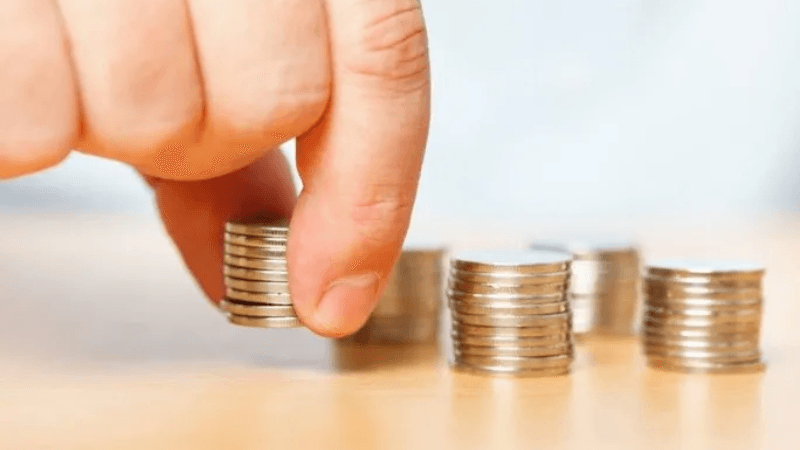
In an increasingly competitive world, many employees are considering becoming entrepreneurs and starting their own business.
But taking that leap is not easy and requires careful financial planning. Before you quit your job and embark on the adventure of entrepreneurship, it's important to prepare yourself financially to meet the challenges of running your own business.
In this article we offer you some tips to prepare yourself financially and make sure you have a solid foundation before you take the big leap.
Understand your personal finances
Before you take the leap into entrepreneurship, it's important to understand your current financial situation. This includes knowing your income, expenses, debts and savings.
To start, make a detailed list of your monthly income. Include your salary, extra income, rent or any other source of income. Next, make a list of all your monthly expenses. Here it is important to be honest with yourself and keep a detailed record of every expense, from rent or mortgage to small expenses like food and gas.
Once you've calculated your monthly income and expenses, compare both lists and determine if you're spending more than you earn or if you're saving something each month. If you are spending more than you earn, it's time to cut back on some non-essential expenses and adjust your budget so you can save.
It's also important to know your debts and how they affect your financial situation. Make a detailed list of all your debts and their interest. Establish a plan to pay them off gradually so you can get out of the debt cycle.
Finally, don't forget to include in your budget an amount earmarked for savings. Saving will help you create a fund for emergencies or even to finance your future business.
Save money for your business
One of the keys to success as an entrepreneur is good financial management. One way to prepare yourself to take the leap is to save money for your business.
To do this, you can start by analyzing your expenses and see where you can reduce them. You can renegotiate your service or supplier contracts, opt for cheaper tools or even work from home to reduce fixed costs.
Another option is to seek financing through personal or small business loans. However, it is important to carefully evaluate the conditions and make sure you can afford the payments without affecting your financial stability.
In addition, you should be disciplined in your saving habits and avoid unnecessary expenses. Every peso you save brings you one step closer to financial independence and success as an entrepreneur.
Create a realistic budget
Once you have defined your business plan and the capital you will need to start your venture, it is important to create a realistic budget. To do this, you must identify all the expenses you will have and establish priorities.
It is advisable to make a list of all monthly expenses, such as rent for a store, employee salaries, production costs and overhead. You should also consider variable expenses, such as advertising and marketing.
Once you have a complete list of your expenses, it is important to calculate your potential income. This will let you know how much money you need to cover your monthly expenses and give you an idea of how long it will take to recoup your initial investment.
It is important to be realistic when creating your budget. Don't rely on optimistic assumptions about sales or the growth of your business. Instead, consider different scenarios and budget conservatively.
Remember to constantly review your budget and adjust it if necessary. There will always be unforeseen events and new challenges along the way, so be prepared to adapt and make wise financial decisions.
Reduce your personal expenses
Before taking the leap into entrepreneurship, it is important to review your personal finances and identify expenses you can reduce. When you become an entrepreneur, your income is likely to be small or irregular for the first few months or even years. Therefore, it is recommended that you reduce your expenses as much as possible to have a financial cushion.
One way to reduce your expenses is to eliminate those that are not necessary. You can review your bills and see which services you really use and those that you can do without. You can also save on electricity, water and gas by adopting efficient consumption habits.
Another way to reduce your expenses is to look for more economical alternatives in your daily life. You can use public transportation instead of your private car, buy food in bulk instead of packaged food, cook instead of eating out, among other options.
Reducing your personal expenses will not only help you






